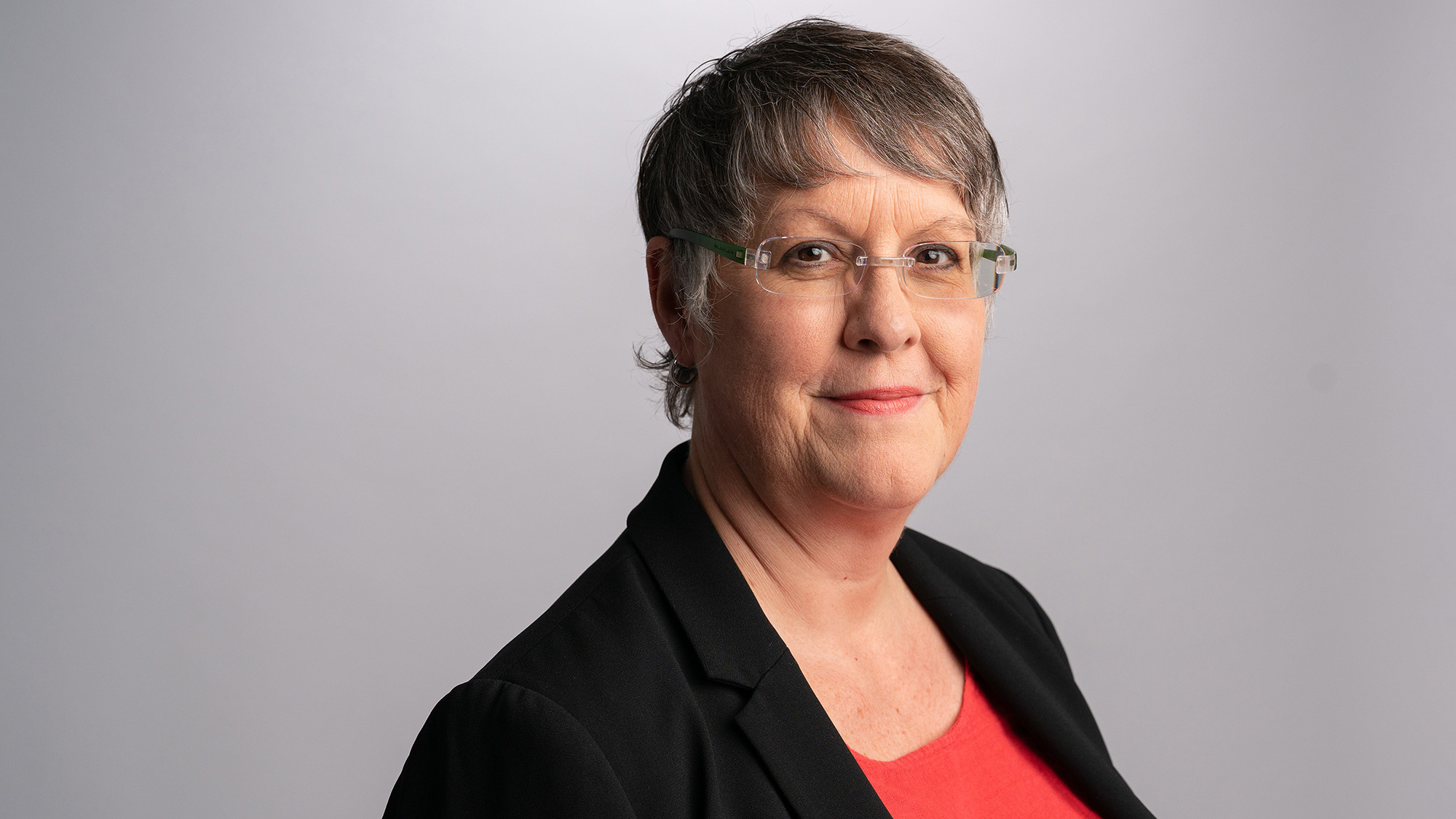
Female founders of start-ups, whether fintechs or in other industries, are growing in number, but much more needs to be done to unlock their ambition.
While women tend to be less active than men when it comes to start-up activity globally – two out of every five early-stage entrepreneurs are women, according to Global Entrepreneurship Monitor’s (GEM) 2021/2022 Women’s Entrepreneurship Report – progress is being made, particularly in the UK.
NatWest’s Rose Review 2023 report found that more than twice as many female-led businesses were founded in 2022 than in 2018. According to its research, over 150,000 new all-women led companies were founded in 2022.
A fifth of new incorporations last year were all-female led, a figure that has risen from 16% in 2018. Importantly, the biggest leap was among 16- to 25-year-old female founders, which rose by almost a quarter (24.3%).
However, its survey of UK female entrepreneurs found that 80% did not feel confident about economic growth in the coming year. A third of those polled expected their businesses to become smaller over that time and almost half expected fundraising to become more difficult.
Funding in the fintech world has certainly taken a hit over the past year. Investment in UK fintech from private equity and venture capitalist firms fell 56% in 2022, according to KPMG’s recent Pulse of Fintech report; globally investment fell by 31.3%. KPMG predicts this situation to continue this year, with rising interest rates and macroeconomic challenges dragging on growth.
Despite this gloomy picture, the women fintech founders who participated in our recent virtual roundtable remained steadfast in their entrepreneurial spirit. When asked what they would be doing if they weren’t running their current company, most say they would be still involved in the start-up scene.
For example, Catherine Parry, founder and CEO, DeepView, an enterprise cyber security software solution, says: “Honestly, I truly can’t think of anything I would rather be doing. I love the pace of start-ups, and the way you can work with incredibly talented people so the business thrives due their individual skillsets. While it isn’t always easy and there are times where you wish you could multiply the number of hours in a day, it’s always rewarding and constantly stimulating.”
Likewise, Uma Rajah, founder and CEO, CapitalRise, an online platform for prime property lending and investing, says: “I love my work, whatever I’m doing, but what I love in particular is building new products and finding a way to meet the needs of people that are currently underserved by existing providers.
“That is what we bought to market with CapitalRise, and our new approach to prime property finance, providing eligible investors with access to prime institutional grade real estate investments that were previously only accessible to large institutions. We provide prime property developers, who were poorly served by traditional lenders, with access to fast, flexible property finance from a specialist lender who has deep understanding of their needs. So, I think if I wasn’t doing this, I’d probably be looking for another opportunity to launch something new that disrupts a very old-fashioned sector.”
Gabrielle Patrick, founder, CEO and general counsel, Knabu, a blockchain company building new clearing infrastructure, adds that she would be “part of a team that is building something great and wants to serve society and our ecosystem”.
Clearly, the ambition is there among women entrepreneurs, but what can be done to help more to start and build successful businesses?
GEM’s report makes several suggestions for policy-makers to encourage women entrepreneurs, including:
- Support women entrepreneurs equally in all sectors and countries, especially in male-dominated sectors;
- Mobilise financing and other support toward the sectors where women are currently active;
- Debunk negative stereotypes about women entrepreneurs;
- Celebrate and promote successful women founders as role models.
In terms of concrete initiatives in the UK, NatWest has committed to:
- Working with the signatories of the Investing in Women Code, which now has 190 banks, venture capital firms, angel syndicates and other financial services firms;
- Increasing funding by growing the pool of women angels in the UK from 14% to 30% by 2030;
- Building out the community of female entrepreneurship enablers, including relaunching and maximising the use of the refreshed Invest in Women Hub.
Today, NatWest issued its third social bond, where proceeds from the €500m issuance will be used to refinance existing and finance new loans to women-led enterprises.
To really make a step-change, policy-makers and banks have to work together to broaden access to information, support and practical resources.
Joy Macknight is editor of The Banker. Follow her on Twitter @joymacknight
Register to receive the Editor’s blog and in-depth coverage from the banking industry through the weekly e-newsletter.


